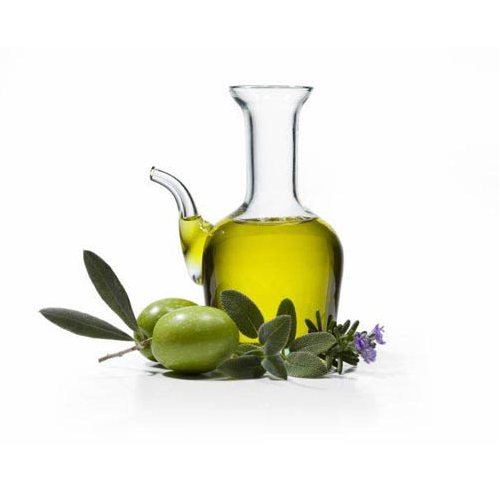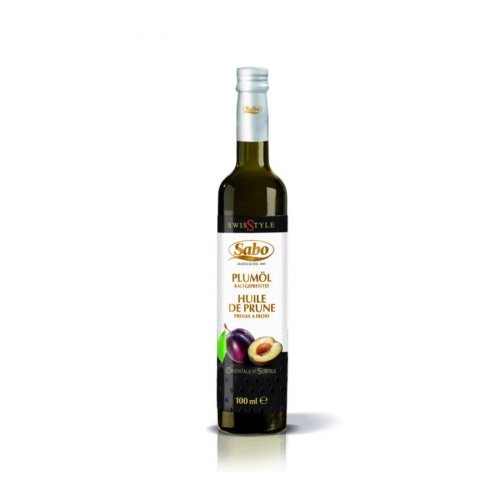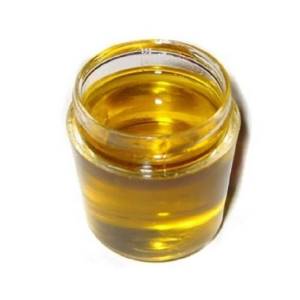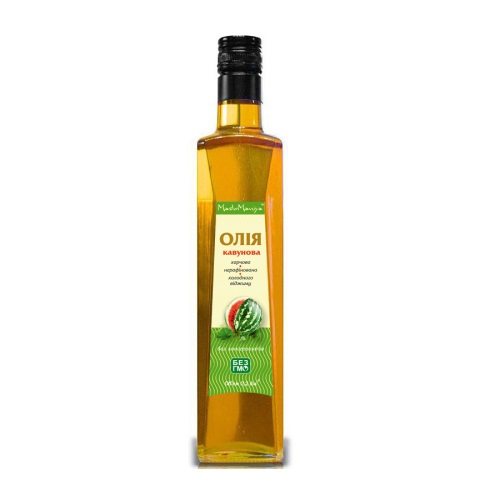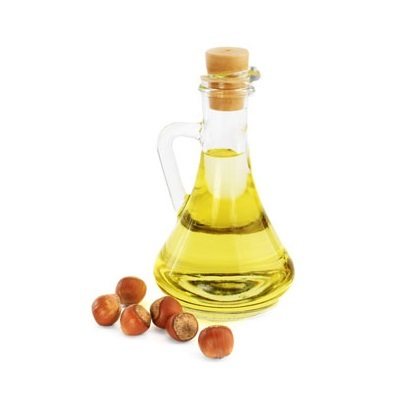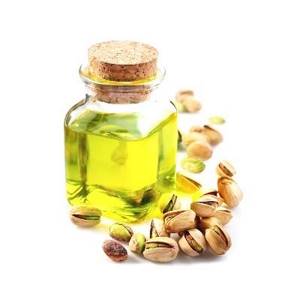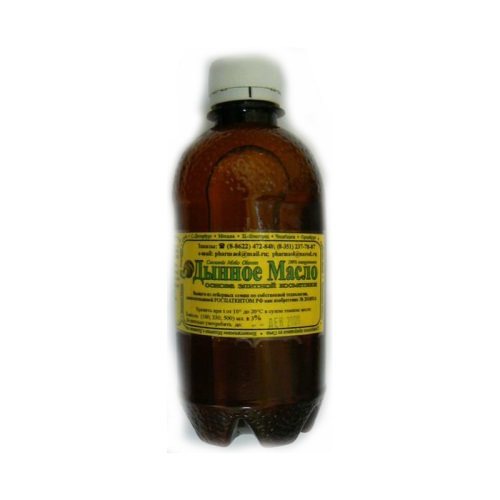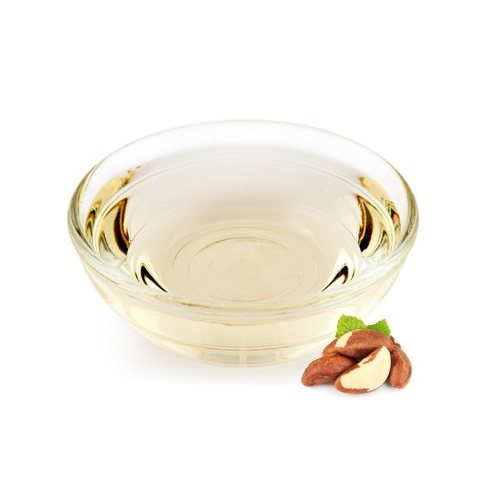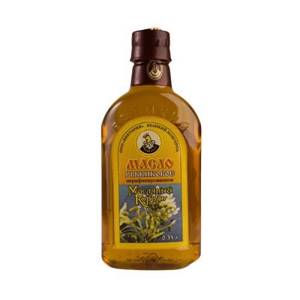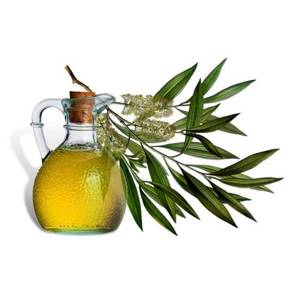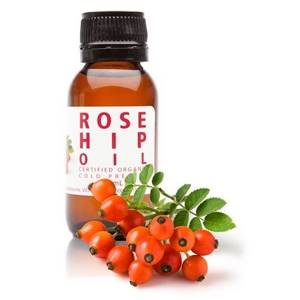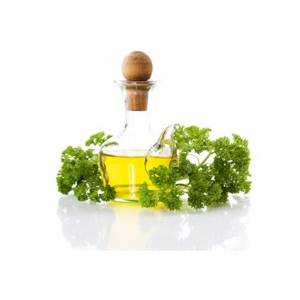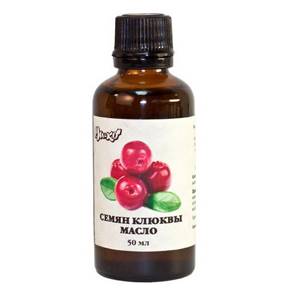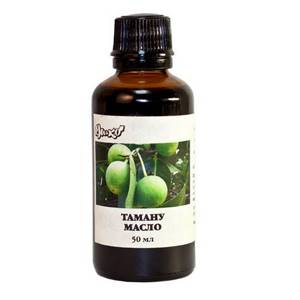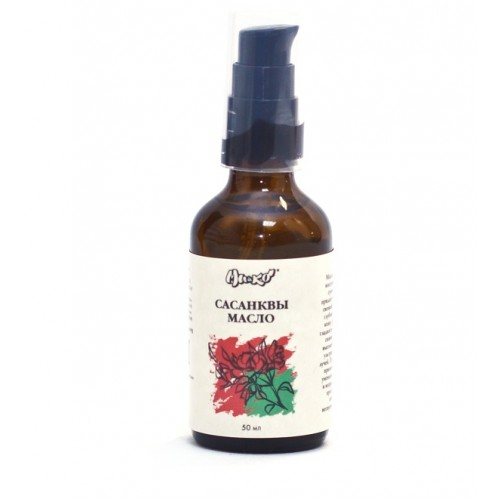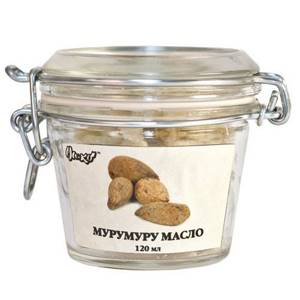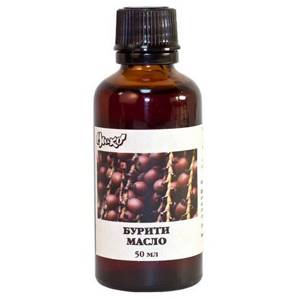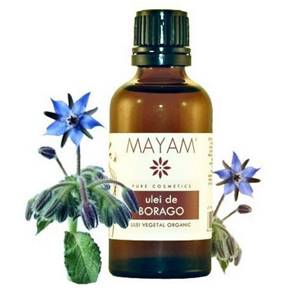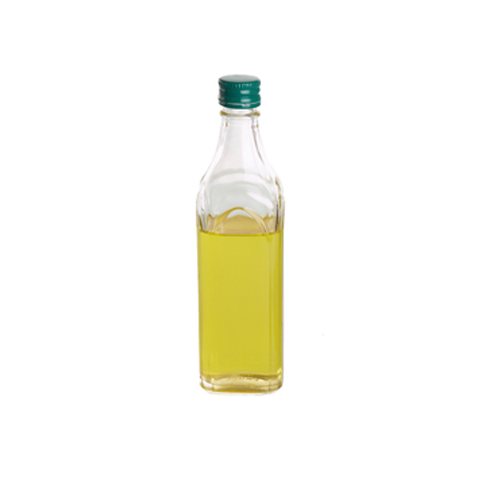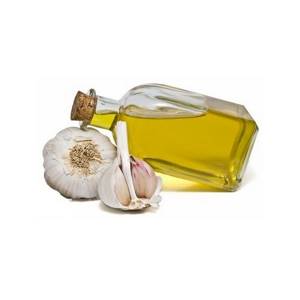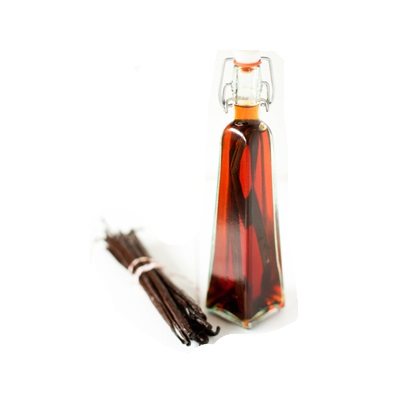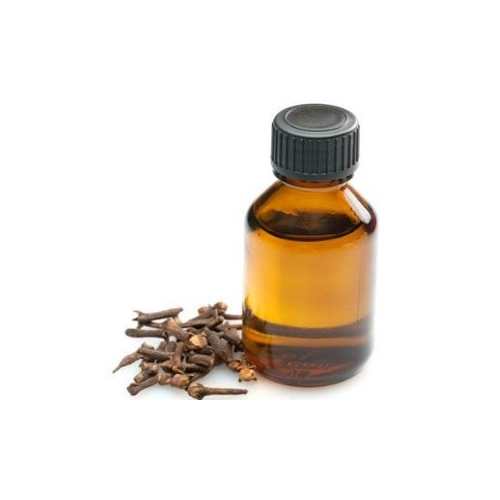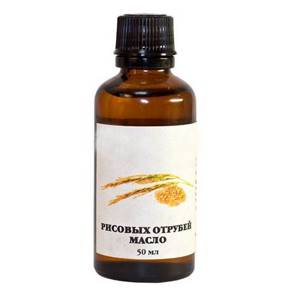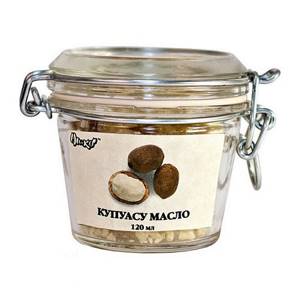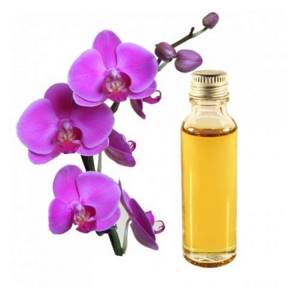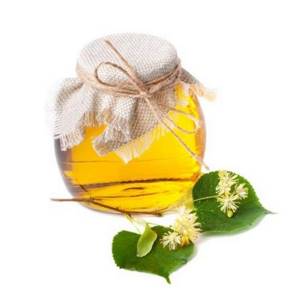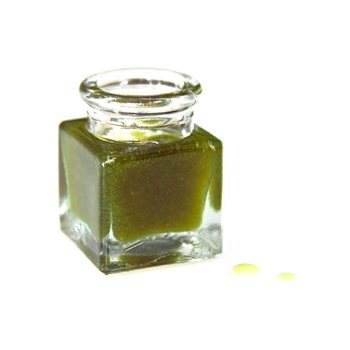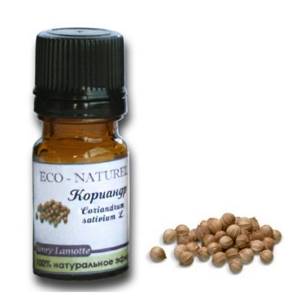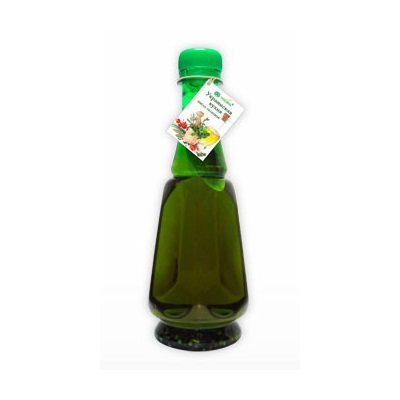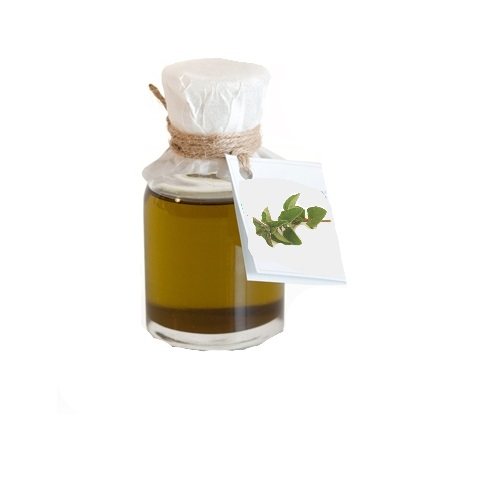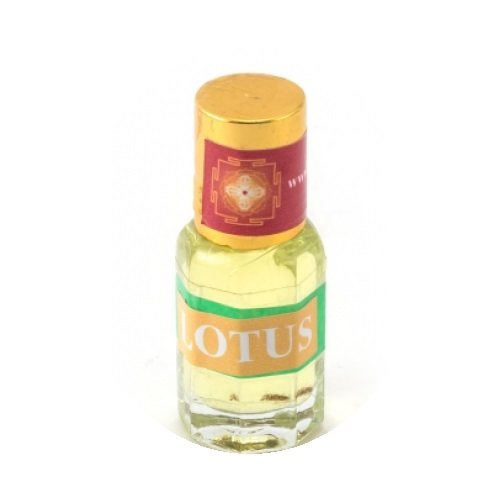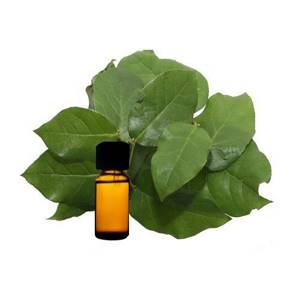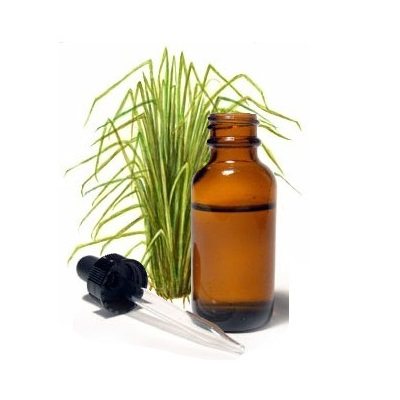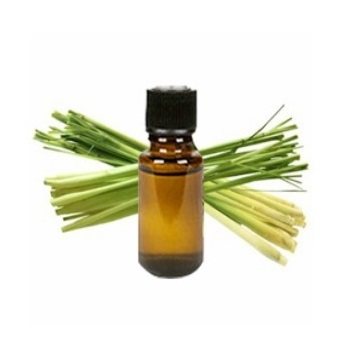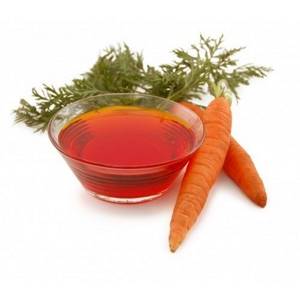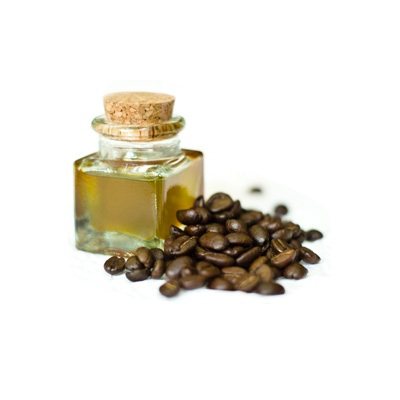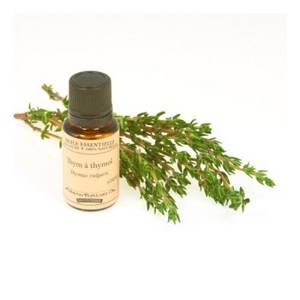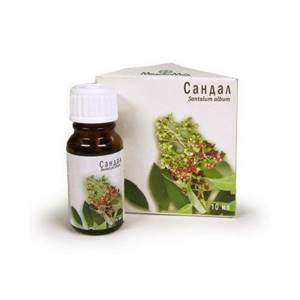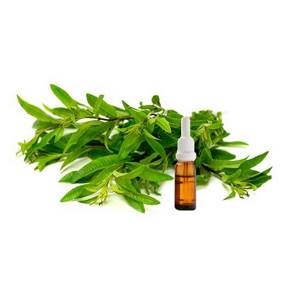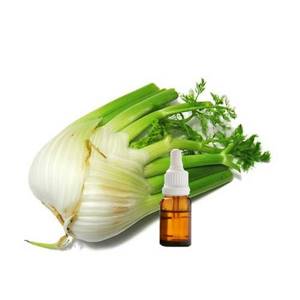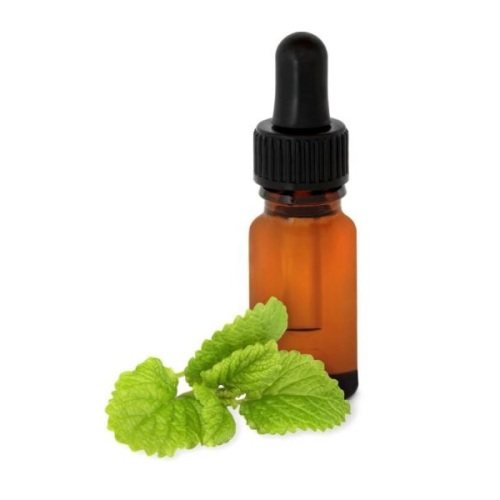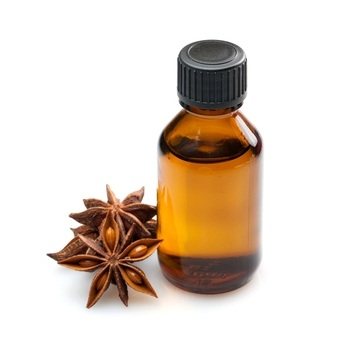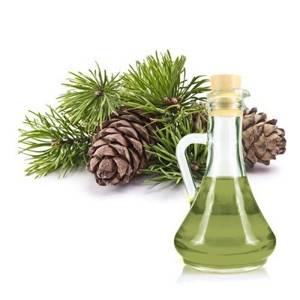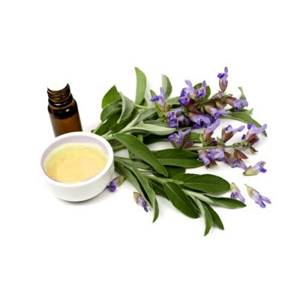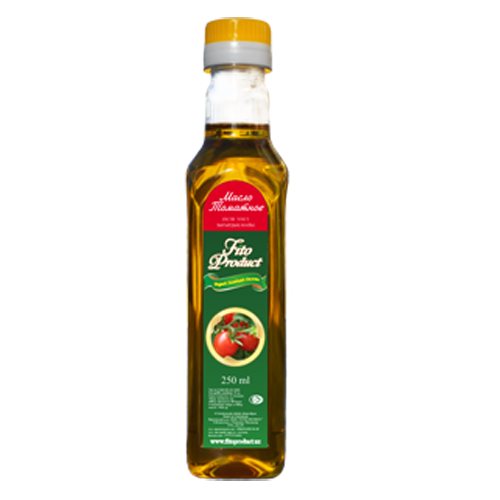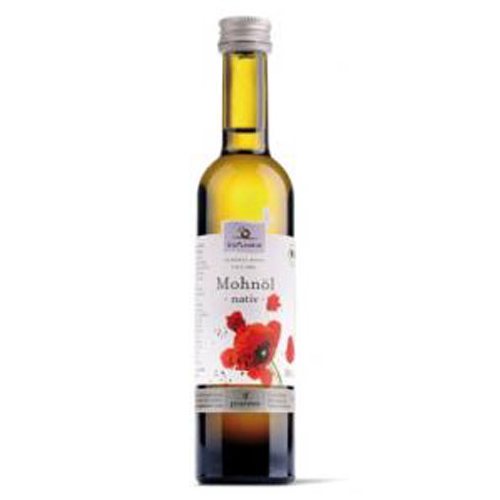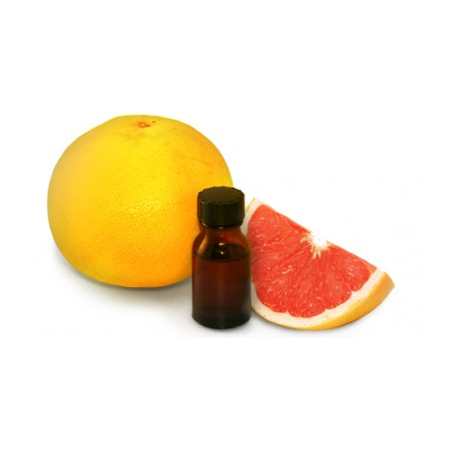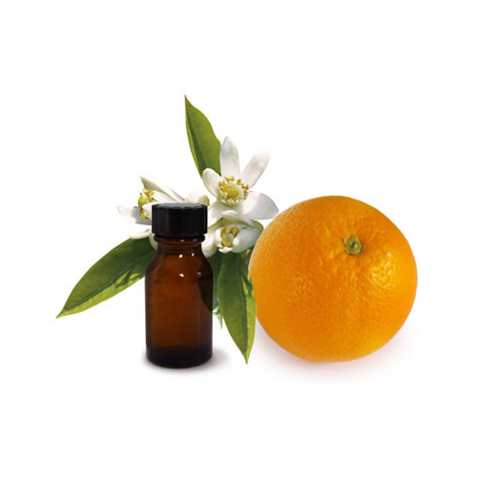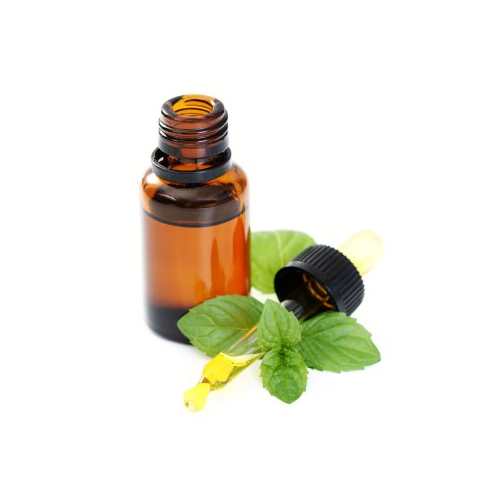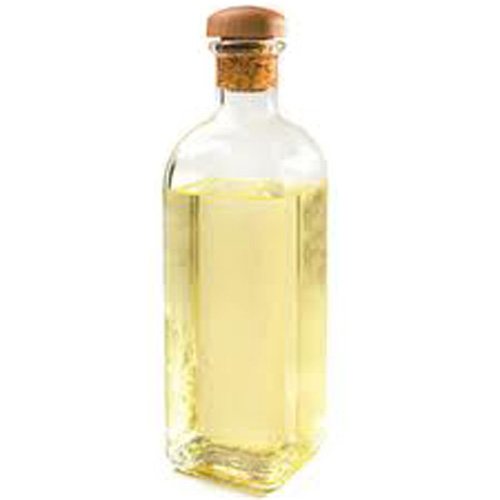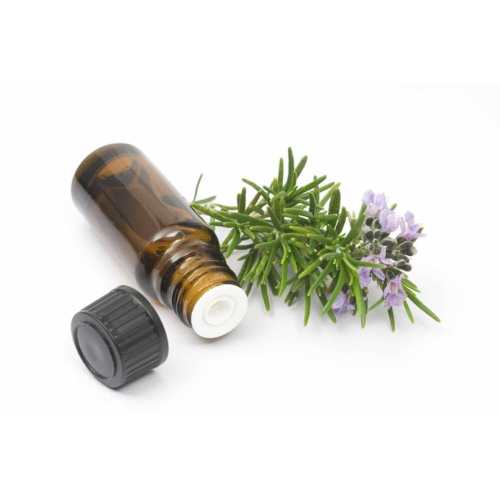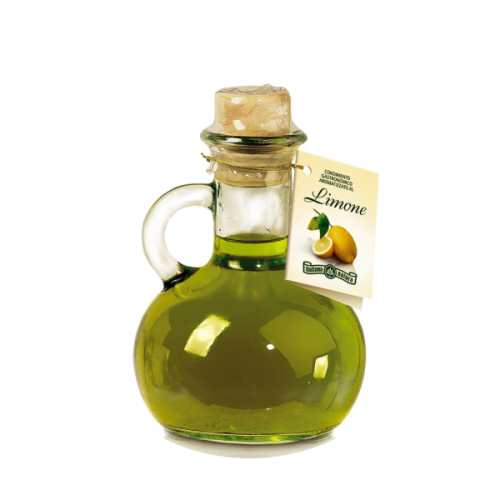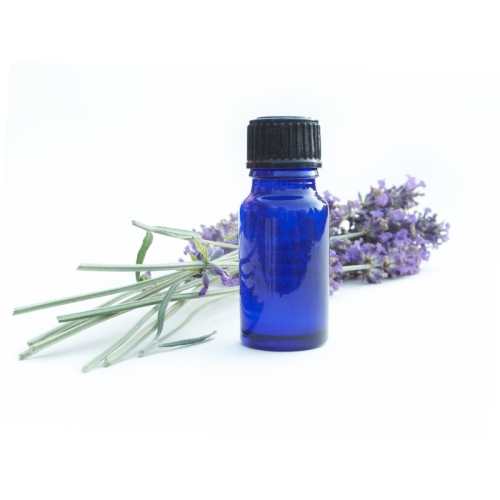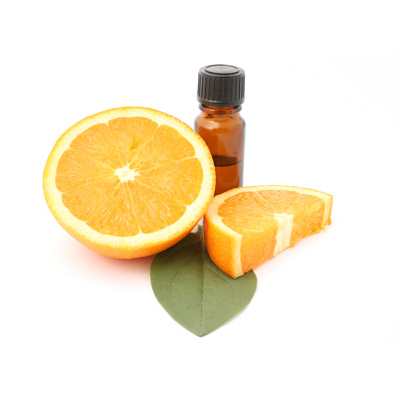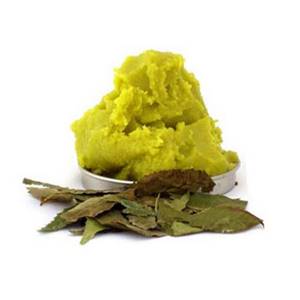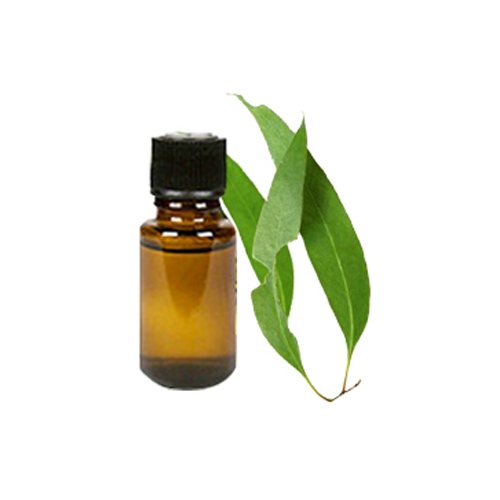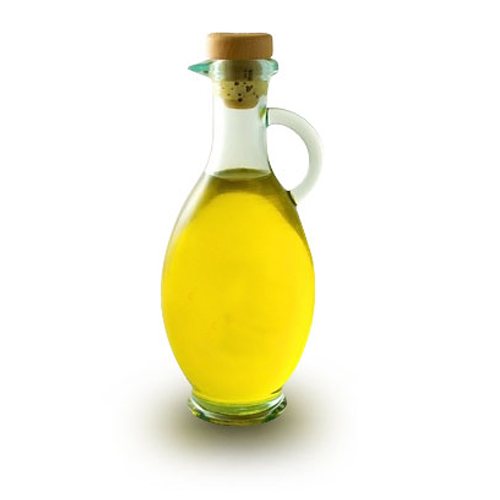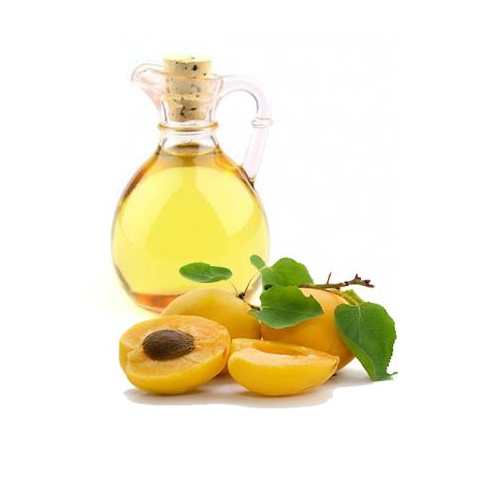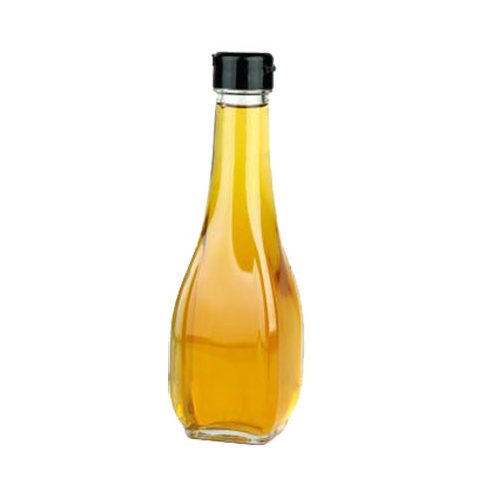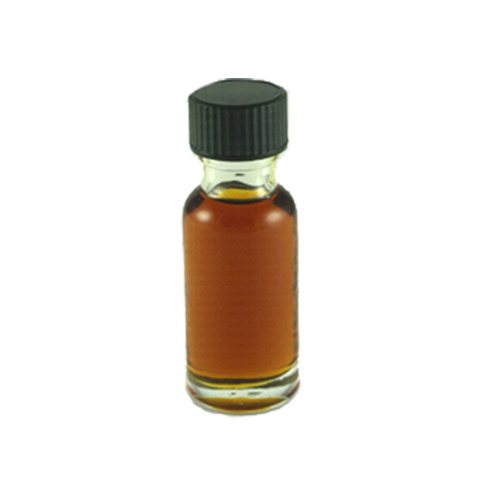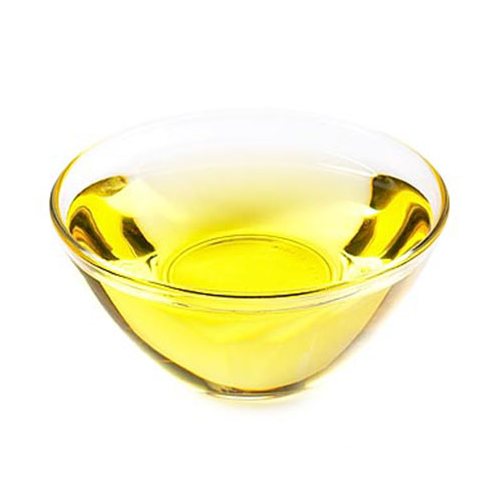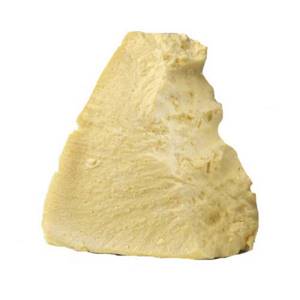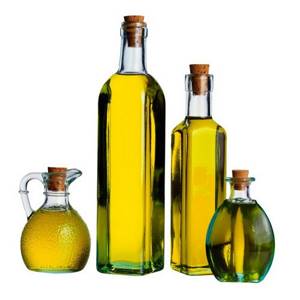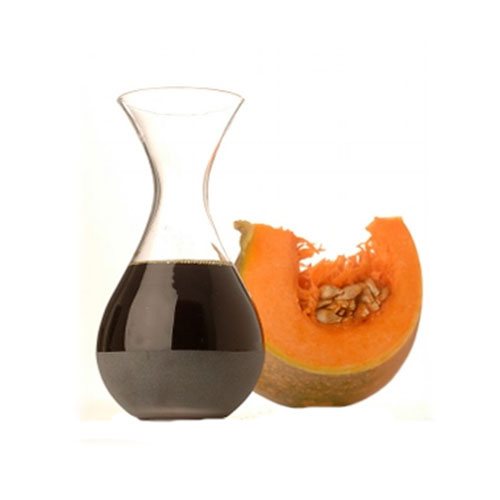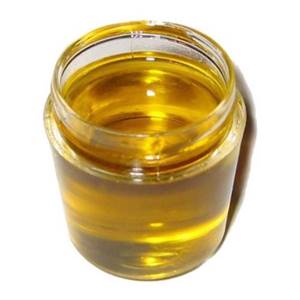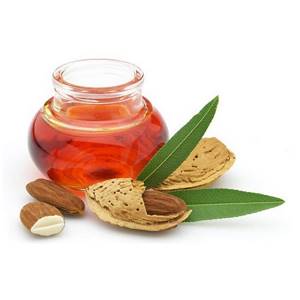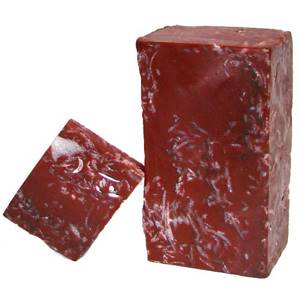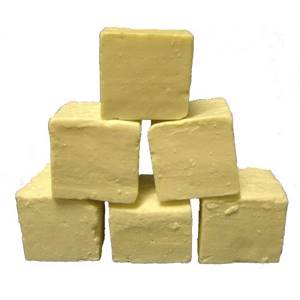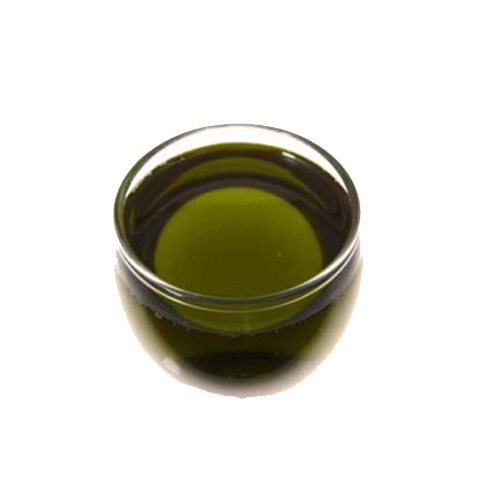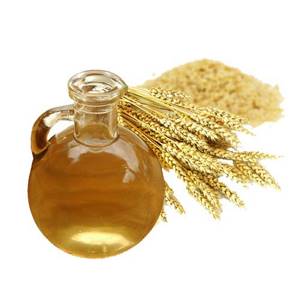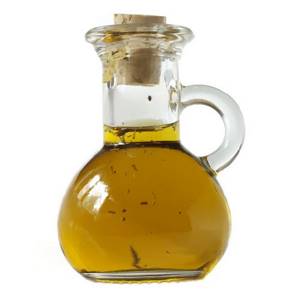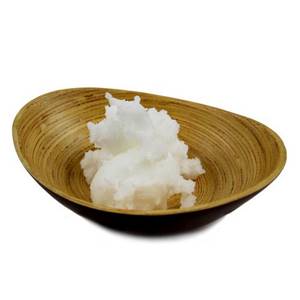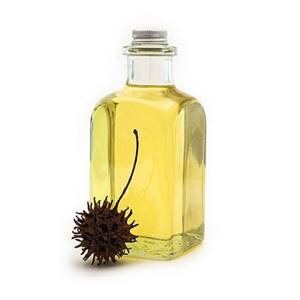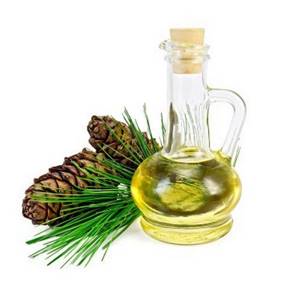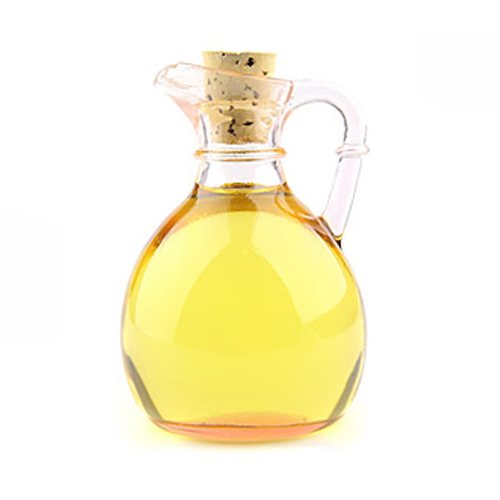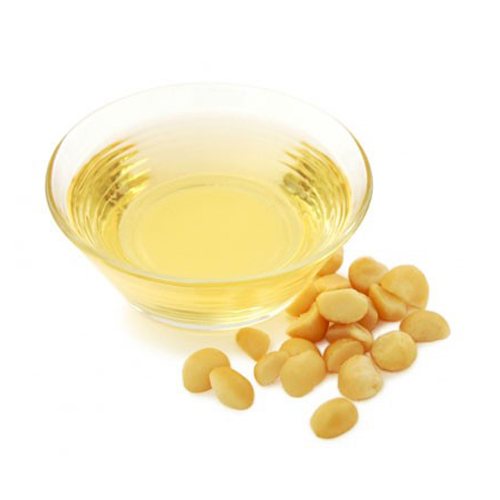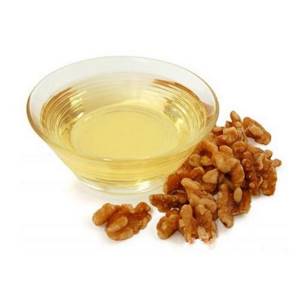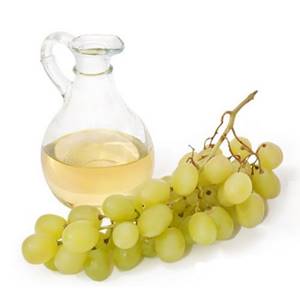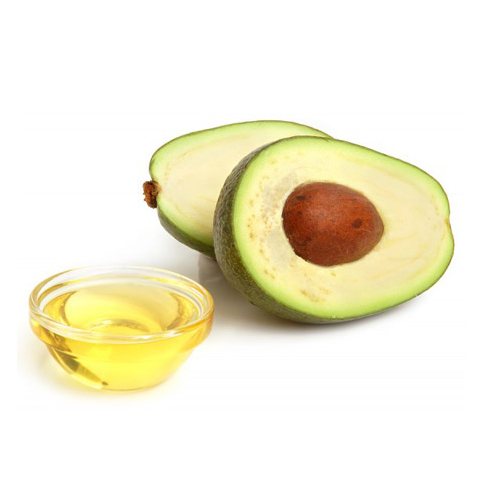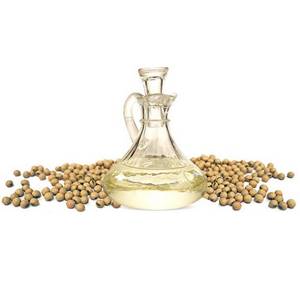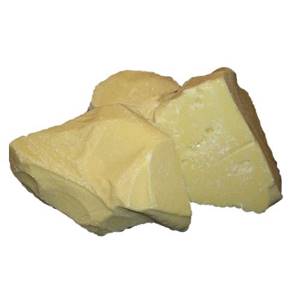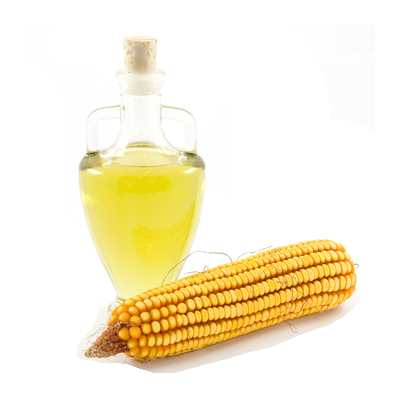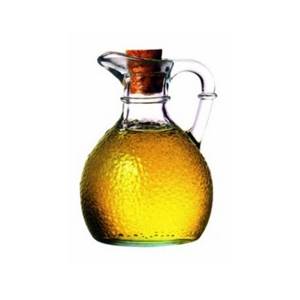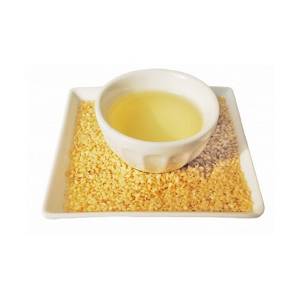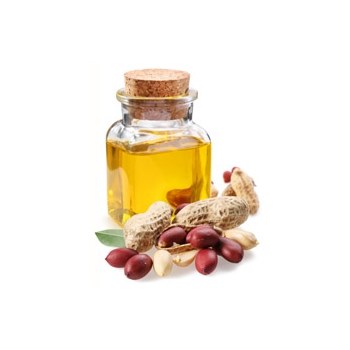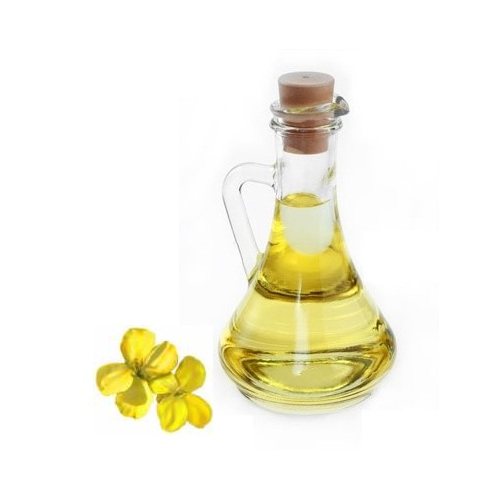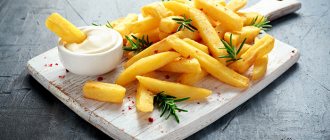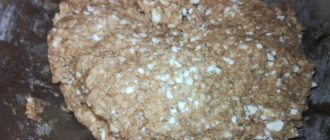| product | calorie content | squirrels | fats | carbohydrates |
| sunflower oil | 899 kcal | 0 g | 99.9 g | 0 g |
| olive oil | 884 kcal | 0 g | 99.8 g | 0 g |
| corn oil | 899 kcal | 0 g | 99.9 g | 0 g |
| linseed oil | 898 kcal | 0 g | 99.8 g | 0 g |
| soybean oil | 899 kcal | 0 g | 99.9 g | 0 g |
| peanut butter | 899 kcal | 0 g | 99.9 g | 0 g |
Vegetable oil plays a very important role in the diet. Since ancient times, it has been available to humans and occupied its place of honor in the kitchen, since vegetable oil contains the most important unsaturated fatty acids and many other biologically valuable components for the human body.
Harm from vegetable oils
Vegetable oil, which has a higher calorie content even compared to lard, can cause irreparable harm to human health if consumed in excess. It also poses a danger when the original raw materials are genetically modified or treated with pesticides, which are used to manufacture a mass product.
To increase shelf life, industrial oils may contain a certain amount of artificial preservatives that are unsafe for the human body.
Healthy fatty acids have a very unstable structure and are easily oxidized under the influence of sunlight, oxygen and increased temperature. And oxidized fat can lead to inflammatory processes and mutations at the cellular level, causing various diseases.
During the refining and deodorizing process, the oil is treated with hexane, an organic solvent that can be considered analogous to regular gasoline. After separating the oil, the chemical compounds are washed off with water steam and alkaline solutions, and then bleached in a vacuum, but it is unlikely that they can be completely removed.
Therefore, partial residues of these compounds end up in the contents of the purchased bottle. Therefore, the consumption of refined oils, as well as industrial products containing them, should be kept to a minimum, or even better, completely excluded from the diet.
In addition, it is unacceptable to reheat used vegetable oil, as a result of which stable carcinogenic compounds are formed.
Types of vegetable oils and their benefits
There is a huge variety of vegetable oils: sunflower, olive, flaxseed, hemp, milk thistle oil and so on. All of them, of course, have different properties. But the most important thing that unites them is the presence of healthy unsaturated fatty acids, which give the oil its calorie content. With the help of these acids, the construction of cell membranes and phospholipids occurs. And our brain is most sensitive to the lack of these acids in the body.
Flaxseed oil is the undisputed leader in its biological value, as it contains a huge amount of unsaturated fatty acids. This is an ideal natural remedy for the prevention and treatment of atherosclerosis, coronary heart disease and many other diseases associated with impaired blood flow, thrombosis, as well as cancer of various locations. The product contains linolenic acid (50%-70%) and vitamin E (50mg/100g). The daily norm is one to two tablespoons of oil per day.
Calorie content
Vegetable oil, the calorie content of which exceeds the energy value of all animal fats, can hardly be called a dietary product.
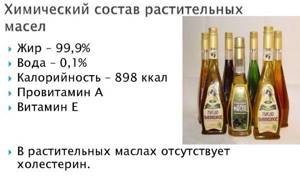
Vegetable oil, calorie content and composition.
| Product quantity | kcal |
| 100 g butter | 900 |
| 1 tablespoon | 107 |
| 1 teaspoon | 45 |
Content of proteins, fats, carbohydrates
The calorie content of different types of vegetable oils, as well as the nutrient content in their composition, may differ depending on the type. Basically, they all contain approximately the same amount of fat (from 90 to 100 g) with the complete absence of proteins and carbohydrates.
The only exception is chocolate cocoa bean butter, which contains per 100 g of product:
| Squirrels | 1.5 g |
| Fats | 62 g |
| Carbohydrates | 18.6 g |
| Calorie content | 642 kcal |
Daily requirement
Vegetable oil, the calorie content of which in the daily diet of an adult should not exceed 300 kcal, is sufficient to consume in an amount of no more than 2-3 tbsp. l. per day.
With such a reasonable distribution of healthy fats obtained from high-quality, unrefined, cold-pressed vegetable oil, a person will be able to maintain a normal weight and not violate the daily intake recommended by nutritionists. This amount fully covers the required intake of essential elements for the absorption of fat-soluble vitamins and does not cause harm to health.
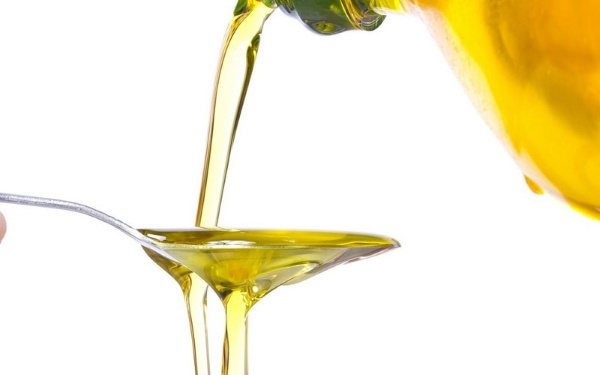
You need to consume vegetable fats fresh, seasoning vegetable salads with them, then the body will be able to get the maximum benefit from them.
Benefits and Applications
During heat treatment, many beneficial substances and vitamins are destroyed. It is better to use it in unrefined form, and with sediment, it has more benefits and healing properties.
Unsaturated fatty acids are very beneficial for the body. They take an active part in the formation of nerve fiber sheaths and cell membranes. They also help remove cholesterol from the body, which has a positive effect on the condition of the walls of blood vessels. The unrefined product can be used as a remedy against atherosclerosis and diseases of the cardiovascular system.
In folk medicine, this useful substance has long been used for medicinal purposes in the treatment of:
- thrombophlebitis;
- for toothache;
- chronic digestive problems;
- lungs;
- liver.
It is widely used in cosmetology. It is used in aromatherapy , in cosmetic procedures, and bath tinctures are also prepared with it.
It is used most often in cooking; fried and hot dishes and salads are prepared with it. During the cooking process, toxic compounds are formed on the unrefined product. This is very harmful to health, so it is better not to fry food on it in this form.
Glycemic index
The value of the glycemic index of a product shows the time and rate of increase in blood glucose levels after its entry and breakdown into the human body. This factor is especially important for diabetics, who must monitor the amount of insulin.
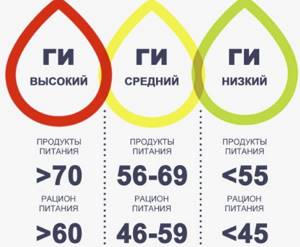
The glycemic index of vegetable oils is 0; for comparison, this indicator in butter is 51. Therefore, for diabetes and obesity, it is necessary to limit the amount of animal fats as much as possible, replacing them with high-quality vegetable oils.
Changes in the beneficial properties of oil during heat treatment
At the smoking point, substances harmful to the human body are formed in vegetable oil:
- acrylic acid aldehydes cause lacrimation, and have a strong irritating effect on the mucous membrane of the organs of vision and breathing, accumulate in the body;
- amides of the same acrylic acid cause damage to the nervous system and liver cells, especially a lot of them are formed when frying starch-containing products;
- toxic substances in the form of free radicals, heterocyclic amines and polymers formed as a result of combustion and smoke cause danger already at the stage of inhalation, as well as upon contact with the skin.
| Type of vegetable oil | Smoke point, °C |
| from avocado | 270 |
| mustard | 250 |
| from soy | 234 |
| olive refined | from 190 to 240 |
| corn refined | 231 |
| made from peanuts | 229 |
| sunflower refined | 227 |
| corn | 178 |
| sesame | 177 |
| sunflower | 160 |
| linen | 107 |
Do not overuse fried foods, cook in hot oil, or overheat dishes. It is necessary to fry using foods with a high smoke point, choosing refined fats, and using oil only once. Do not cook over high heat for too long, as overcooking foods leads to the formation of more harmful substances in their composition.
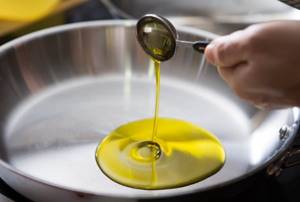
Under the influence of sunlight and time, oxidation processes occur in the oil, which cause the product to go rancid, making it unfit for consumption. This happens very often and quite quickly with pumpkin seed oil, which begins to spoil at room temperature within a few hours.
Any oil must be stored correctly; it is advisable to use a dark glass bottle, placing it in a dark and cool place.
Oil calorie table
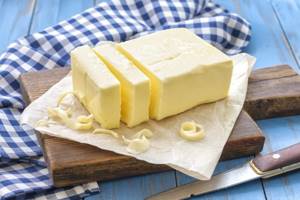
© Sea Wave — stock.adobe.com
Share:
When creating an individual diet, you should definitely take into account all the ingredients and products that are consumed. People often mistakenly believe that only the main ingredients need to be counted, for example, meat, fish, porridge or other side dishes. This is not entirely true, because even 5-10 grams of oil added to buckwheat must be included in the daily caloric intake. So, a table of caloric content of oils, fats and margarine comes to the rescue.
| The product's name | Calorie content, kcal | Proteins, g per 100 g | Fats, g per 100 g | Carbohydrates, g per 100 g |
| Rendered lamb fat | 897 | 0.0 | 99.7 | 0.0 |
| Rendered beef fat | 897 | 0.0 | 99.7 | 0.0 |
| Cod liver oil | 898 | 0.0 | 99.8 | 0.0 |
| Confectionery fat for chocolate products | 897 | 0.0 | 99.7 | 0.0 |
| Solid confectionery fat | 898 | 0.0 | 99.8 | 0.0 |
| Rendered bone fat | 897 | 0.0 | 99.7 | 0.0 |
| Cooking fat | 897 | 0.0 | 99.7 | 0.0 |
| Chicken fat | 897 | 0.0 | 99.7 | 0.0 |
| Fish oil | 902 | 0.0 | 100.0 | 0.0 |
| Rendered pork fat | 896 | 0.0 | 99.6 | 0.0 |
| Low-calorie margarine | 545 | 0.5 | 60.0 | 0.7 |
| Margarine “Slavyansky” | 743 | 0.3 | 82.0 | 0.1 |
| Creamy margarine | 745 | 0.5 | 82.0 | 0.0 |
| Table milk margarine | 743 | 0.3 | 82.0 | 1.0 |
| Table margarine “Slivochnik” 40% | 360 | 0.0 | 40.0 | 0.0 |
| Margarine “Extra” | 744 | 0.5 | 82.0 | 1.0 |
| Apricot oil | 899 | 0.0 | 99.9 | 0.0 |
| Avocado oil | 884 | 0.0 | 100.0 | 0.0 |
| Amaranth oil | 736 | 0.0 | 81.8 | 0.0 |
| Peanut butter | 899 | 0.0 | 99.9 | 0.0 |
| Peanut butter PB2 dry low-fat | 375 | 37.5 | 8.3 | 37.5 |
| Grape seed oil | 899 | 0.0 | 99.9 | 0.0 |
| Mustard oil | 898 | 0.0 | 99.8 | 0.0 |
| Walnut oil | 898 | 0.0 | 99.8 | 0.0 |
| Wheat germ oil | 884 | 0.0 | 100.0 | 0.0 |
| Ylang-ylang oil | 890 | 0.0 | 99.0 | 0.0 |
| Cacao butter | 899 | 0.0 | 99.9 | 0.0 |
| Canola oil | 898 | 0.0 | 99.0 | 0.0 |
| Pine nut oil | 898 | 0.0 | 99.0 | 0.0 |
| Coconut oil | 899 | 0.0 | 99.9 | 0.0 |
| Hemp oil | 899 | 0.0 | 99.9 | 0.0 |
| Corn oil | 899 | 0.0 | 99.9 | 0.0 |
| Sesame oil | 899 | 0.0 | 99.9 | 0.0 |
| Lemon oil | 900 | 0.0 | 100.0 | 0.0 |
| Flaxseed oil | 898 | 0.0 | 99.8 | 0.0 |
| Macadamia oil | 708 | 9.2 | 74.6 | 10.0 |
| Poppy oil | 898 | 0.0 | 99.8 | 0.0 |
| Almond oil | 816 | 0.0 | 90.7 | 0.0 |
| Nutmeg oil | 899 | 0.0 | 100.0 | 0.1 |
| Sea buckthorn oil | 896 | 0.0 | 99.5 | 0.0 |
| Oat oil | 890 | 0.0 | 99.0 | 0.0 |
| Olive oil | 898 | 0.0 | 99.8 | 0.0 |
| Olive oil “Monini Classico” Extra Vergine | 900 | 0.0 | 100.0 | 0.0 |
| Nut butter | 899 | 0.0 | 100.0 | 0.0 |
| Palm oil | 899 | 0.0 | 99.9 | 0.0 |
| Sunflower oil | 900 | 0.0 | 99.9 | 0.0 |
| Rapeseed-soybean oil | 899 | 0.0 | 99.9 | 0.0 |
| Rapeseed oil | 899 | 0.0 | 99.9 | 0.0 |
| Unrefined vegetable oil | 899 | 0.0 | 99.0 | 0.0 |
| Refined vegetable oil | 899 | 0.0 | 99.0 | 0.0 |
| Milk thistle oil | 889 | 0.0 | 98.0 | 0.0 |
| Burdock oil | 930 | 0.0 | 100.0 | 0.0 |
| Rice oil “Kohinoor Rice Bran Oil” | 824 | 0.0 | 91.5 | 0.0 |
| Safflower oil | 880 | 0.0 | 100.0 | 0.0 |
| Butter | 748 | 0.5 | 82.5 | 0.8 |
| Butter 60% | 552 | 1.3 | 60.0 | 1.7 |
| Butter 67% | 610 | 1.0 | 67.0 | 1.6 |
| Butter “Valio” 82% | 740 | 0.7 | 82.0 | 0.7 |
| Butter “Krestyanskoe”, unsalted 72.5% | 662 | 1.0 | 72.5 | 1.4 |
| Butter “Krestyanskoe”, salted 72.5% | 662 | 1.0 | 72.5 | 1.4 |
| Soybean oil | 899 | 0.0 | 99.9 | 0.0 |
| Ghee | 892 | 0.2 | 99.0 | 0.0 |
| Pumpkin oil | 896 | 0.0 | 99.5 | 0.0 |
| Cottonseed oil | 899 | 0.0 | 99.0 | 0.0 |
| Shea butter (karite) | 884 | 0.0 | 98.0 | 0.0 |
| Hop cone oil | 897 | 0.0 | 99.0 | 0.0 |
| Chocolate butter | 642 | 1.5 | 62.0 | 18.6 |
| Vegetable-fat spread “Tender” | 360 | 0.0 | 40.0 | 0.0 |
| Tahina | 695 | 24.0 | 62.0 | 10.0 |
You can download the full table so that it is always at hand and helps you calculate calories correctly, right here.
Rate the material
Share:
How to use vegetable oils on a diet?
Nutritionists in many diets strictly regulate the intake of healthy vegetable fats to the minimum allowable amount of 1-2 tbsp. l. per day, which will lead to gentle and stable weight loss in natural conditions for the body.
While on a diet, it is necessary to include unrefined vegetable fats in your daily diet; nutritionists especially recommend that you pay attention to cold-pressed almond, apricot, olive or sesame oil, which are ideal for dressing salads or making sauces.
Flaxseed oil in moderation also has a beneficial effect on the process of weight loss, due to lipid metabolism and accelerating metabolism.
Castor oil helps in the fight against excess body weight due to its cleansing properties and removal of toxins from the body. It is even recommended to use it in a 10-day course on an empty stomach in the morning, which leads to normalization of stools and regular bowel emptying.
Milk thistle oil helps reduce blood glucose levels, speeds up metabolic processes and promotes weight loss. But even the highest quality oil will not lead to weight loss without proper nutrition and the necessary physical activity.
Vegetable oil is a high-calorie product with a lot of useful substances. It has a number of significant restrictions on use, so it is worth using it in the daily diet in limited quantities, taking the necessary precautions to select and use only high-quality fats in food.
Harm of vegetable oil
Disadvantages occur with excessive and improper use. Overcooked oil and the addition of low-quality products can cause various health problems:
- obesity;
- thrombosis;
- liver problems.
It is recommended to consume good quality refined vegetable fats.
| Product | Kcal | Proteins, g | Fats, g | Angle, g | |
| Soybean oil | 899 | 99,9 | |||
| Rapeseed oil | 899 | 99,9 | |||
| Sunflower oil | 899 | 99,9 | |||
| Palm oil | 899 | 99,9 | |||
| Olive oil | 898 | 99,8 | |||
| Flaxseed oil | 898 | 99,8 | |||
| Sesame oil | 899 | 99,9 | |||
| Corn oil | 899 | 99,9 | |||
| Hemp oil | 899 | 99,9 | |||
| Coconut oil | 899 | 99,9 | |||
| Cocoa Butter | 898 | 99,8 | |||
| Peanut butter | 899 | 99,9 | |||
| Poppy oil | 898,2 | 99,8 | |||
| Apricot oil | 899,1 | 99,9 | |||
| Green or sprout oil, or herring (herring) oil | 553,2524 | 5,0243 | 58,6893 | 1,2379 | |
| Green oil | 558,2625 | 1,1542 | 60,4667 | 2,1958 | |
| Mustard oil | 721,7 | 1 | 79 | 1,7 | |
| Almond butter without additives, with added salt | 633 | 15,08 | 59,1 | 17,52 | |
| Cashew butter, with added salt | 587 | 17,56 | 49,41 | 25,57 | |
| Sunflower seed oil, with added salt | 579 | 19,66 | 47,73 | 27,42 | |
| Almond butter without additives, without added salt | 633 | 15,08 | 59,1 | 17,52 | |
| Coconut oil (extracted from the extracted coconut meat), sweetened, canned | 357 | 1,17 | 16,31 | 53,21 | |
| Coconut oil (extracted from the extracted coconut meat), raw | 330 | 3,63 | 34,68 | 4,45 | |
| Cashew nut butter, no salt added | 587 | 17,56 | 49,41 | 25,57 | |
| Sunflower seed oil, partially defatted | 579 | 19,66 | 47,73 | 27,42 | |
| Soybean oil for salad dressing or cooking (partially hydrogenated) | 884 | 100 | |||
| Soybean oil for salad dressing or cooking | 884 | 100 | |||
| Vegetable oil, tea | 884 | 100 | |||
| Vegetable oil, poppy seed | 884 | 100 | |||
| Vegetable oil, corn, store-bought or food grade, widely used for salad dressing or cooking | 884 | 100 | |||
| Vegetable oil, from tomato seeds | 884 | 100 | |||
| Vegetable oil, from grape seeds | 884 | 100 | |||
| Vegetable oil, from palm seeds | 862 | 100 | |||
| Olive oil for salad dressing or cooking | 884 | 100 | |||
| Oil, soybean (partially hydrogenated) and cottonseed oil, primarily tortilla shortening, purchased | 884 | 100 | |||
| Oil, soybean (hydrogenated), for salad dressing or cooking, and cottonseed | 884 | 100 | |||
| Oil, rapeseed, non-foaming, mainly used for salads, woks and light frying, purchased | 884 | 100 | |||
| Butter, light, salted, in a pack weighing 113 grams | 509 | 3,3 | 55,1 | ||
| Butter, light, unsalted, in a pack weighing 113 grams | 499 | 3,3 | 55,1 | ||
| Oil, PAM cooking spray, original | 792 | 0,26 | 78,69 | 20,69 | |
| Oil, corn, peanut and olive | 884 | 100 | |||
| Oil, corn and rapeseed | 884 | 100 | |||
| Oil, coconut, primarily used for making caramel coating, oil sprays, roasting nuts, purchased | 884 | 100 | |||
| Oil, coconut kernel (hydrogenated), commercial | 884 | 100 | |||
| Vegetable oil, cottonseed oil, for dressing salads or cooking | 884 | 100 | |||
| Vegetable oil, medium oleic oil, sunflower oil, mainly used for frying and salad dressing, purchased | 884 | 100 | |||
| Vegetable oil, soy lecithin | 763 | 100 | |||
| Vegetable oil, soybean, refined | 884 | 100 | |||
| Vegetable oil, soybean (partially hydrogenated), widely used, purchased, | 884 | 100 | |||
| Vegetable oil, soybean (partially hydrogenated), primarily used for popcorn and seasoned vegetables, purchased | 884 | 100 | |||
| Vegetable oil, soybean (partially hydrogenated), multifunctional, with the taste of factory butter, purchased | 884 | 100 | |||
| Vegetable oil, soybean (partially hydrogenated) and soybean (refined), for clean frying, purchased | 884 | 100 | |||
| Vegetable oil, soybean (partially hydrogenated) and palm oil, mainly used for making glazes and as a filler, purchased | 884 | 100 | |||
| Vegetable oil, safflower, for salad dressing or cooking, oleic, more than 70% (mainly safflower oil for sale) | 884 | 100 | |||
| Vegetable oil, safflower, for salad dressing or cooking, linoleic (more than 70%) | 884 | 100 | |||
| Vegetable oil, low in fatty acids | 884 | 100 | |||
| Vegetable oil, rice | 884 | 100 | |||
| Vegetable oil, rapeseed, high temperature resistant, non-hydrogenated, high oleic oil content (70%) | 884 | 100 | |||
| Vegetable oil, rapeseed, used for salads, woks and light frying, purchased | 884 | 100 | |||
| Vegetable oil, rapeseed (partially hydrogenated) for deep frying, purchased | 884 | 100 | |||
| Vegetable oil, rapeseed | 884 | 100 | |||
| Vegetable oil, store-bought, soybean (partially hydrogenated), for wok and light frying | 884 | 100 | |||
| Vegetable oil, sunflower oil, with a high content of oleic oil (70% or more) | 884 | 100 | |||
| Vegetable, sunflower and linoleic oil (approximately 65%) | 884 | 100 | |||
| Vegetable, sunflower and linoleic oil (less than 60%) | 884 | 100 | |||
| Vegetable, sunflower and linoleic oil (hydrogenated) | 884 | 100 | |||
| Vegetable oil, palm oil, purchased | 880 | 99,5 | |||
| Vegetable oil, palm | 884 | 100 | |||
| Vegetable oil, oatmeal | 884 | 100 | |||
| Vegetable oil, almond | 884 | 100 | |||
| Vegetable oil, hazelnut oil | 884 | 100 | |||
| Vegetable oil, ukukhuba oil | 884 | 100 | |||
| Vegetable oil, nutmeg oil | 884 | 100 | |||
| Vegetable oil, cocoa butter | 884 | 100 | |||
| Vegetable oil, walnut oil | 884 | 100 | |||
| Vegetable oil, avocado oil | 884 | 100 | |||
| Vegetable oil, kupu assu | 884 | 100 | |||
| Vegetable oil, coconut oil, shortening, standard ice cream glaze base, purchased | 884 | 100 | |||
| Vegetable oil, coconut | 862 | 100 | |||
| Vegetable oil, from palm kernels, confectionery fat, used in the same way as cocoa butter, purchased | 884 | 100 | |||
| Vegetable oil, palm kernel oil (hydrogenated), confectionery fat, medium hard oil, purchased | 884 | 100 | |||
| Vegetable oil, from palm kernels (hydrogenated), confectionery fat, used as a solid oil, purchased | 884 | 100 | |||
| Vegetable oil, from palm kernels (hydrogenated), used for making cream tops, factory-made, purchased | 884 | 100 | |||
| Vegetable oil, from shea nut | 884 | 100 | |||
| Vegetable oil from Brazil babassu nut | 884 | 100 | |||
| Vegetable oil, from apricot kernels | 884 | 100 | |||
| Vegetable oil, mustard | 884 | 100 | |||
| Commercial coconut oil (hydrogenated), primarily used for cream toppings and as a coffee clarifying agent | 880 | 99,5 | |||
| Oil, for cooking and salads, 80% diglycerides | 884 | 100 | |||
| Wheat germ oil | 884 | 100 | |||
| Sesame oil for salad dressing or cooking | 884 | 100 | |||
| Peanut oil for salad dressing or cooking | 884 | 100 | |||
| Organic olive oil | 824 | 0 | 91,6 | 0 |
| Plum oil | 899,1 | 0 | 99,9 | 0 |
| Beech oil | 899 | 0 | 99,9 | 0 |
| Watermelon seed oil | 899 | 0 | 99,9 | 0 |
| Hazelnut (hazelnut) oil | 899 | 0 | 99,9 | 0 |
| Pistachio oil | 899 | 0 | 99,9 | 0 |
| Melon oil | 899 | 0 | 99,9 | 0 |
| Brazil nut oil | 899 | 0 | 99,9 | 0 |
| Camelina oil | 897 | 0 | 99,8 | 0 |
| Tea oil | 898 | 0 | 99,8 | 0 |
| Rosehip oil | 898 | 0 | 99,8 | 0 |
| Parsley oil | 899 | 0 | 99,9 | 0 |
| Cranberry oil | 884 | 0 | 100 | 0 |
| Tamanu oil | 884 | 0 | 100 | 0 |
| Sasanqua oil | 884 | 0 | 100 | 0 |
| Murumuru oil | 884 | 0 | 100 | 0 |
| Buriti oil | 884 | 0 | 100 | 0 |
| Broccoli oil | 884 | 0 | 100 | 0 | |
| Borage oil (borage) | 899 | 0,3 | 99,9 | 0 |
| Andiroba oil | 884 | 0 | 100 | 0 |
| Garlic oil | 899 | 0 | 99,9 | 0 |
| Black pepper oil | 899 | 0 | 99,9 | 0 | |
| Vanilla oil | 899 | 0 | 99,9 | 0 |
| Bergamot oil | 899 | 0 | 99,9 | 0 |
| Clove oil | 899 | 0 | 99,9 | 0 |
| Rice bran oil | 884 | 0 | 100 | 0 |
| Cupuacu oil (theobroma) | 884 | 0 | 100 | 0 |
| Babassu oil | 884 | 0 | 100 | 0 | |
| Orchid oil | 899 | 0 | 99,9 | 0 |
| Linden oil | 899 | 0 | 99,9 | 0 |
| Bay oil | 899 | 0 | 99,9 | 0 |
| Lime oil | 899 | 0 | 99,9 | 0 | |
| Coriander oil | 899 | 0 | 99,9 | 0 |
| Peach oil | 899,1 | 0 | 99,9 | 0 |
| Dill oil | 899 | 0 | 99,9 | 0 |
| Monarda oil | 899 | 0 | 99,9 | 0 |
| Oregano oil | 899 | 0 | 99,9 | 0 |
| Frangipani (plumeria) oil | 899 | 0 | 99,9 | 0 |
| Lotus oil | 899 | 0 | 99,9 | 0 |
| Petitgrain oil | 899 | 0 | 99,9 | 0 |
| Palmarosa oil | 899 | 0 | 99,9 | 0 | |
| Vetiver oil | 899 | 0 | 99,9 | 0 |
| Lemongrass oil | 899 | 0 | 99,9 | 0 |
| Carrot oil | 899 | 0 | 99,9 | 0 |
| Green coffee oil | 899 | 0 | 99,9 | 0 |
| Thyme oil | 899 | 0 | 99,9 | 0 |
| Cypress oil | 899 | 0 | 99,9 | 0 | |
| Sandalwood oil | 899 | 0 | 99,9 | 0 |
| Verbena oil | 899 | 0 | 99,9 | 0 |
| Fennel oil | 899 | 0 | 99,9 | 0 |
| Melissa oil | 899 | 0 | 99,9 | 0 |
| Anise oil | 899 | 0 | 99,9 | 0 |
| Chamomile oil | 899 | 0 | 99,9 | 0 |
| Wormwood oil | 899 | 0 | 99,9 | 0 | |
| Mandarin oil | 899 | 0 | 99,9 | 0 | |
| Fir oil | 898 | 0 | 99,9 | 0 |
| Sage oil | 899 | 0 | 99,9 | 0 |
| Tomato oil | 898 | 0 | 99 | 0 |
| Poppy oil | 898 | 0 | 99 | 0 |
| Jasmine oil | 899 | 0 | 99,9 | 0 |
| Juniper oil | 899 | 0 | 99,9 | 0 | |
| Geranium oil | 899 | 0 | 99,9 | 0 | |
| Grapefruit oil | 896 | 0 | 99,9 | 0 |
| Cinnamon oil | 899 | 0 | 99,9 | 0 | |
| Neroli oil | 899 | 0 | 99,9 | 9 |
| Peppermint oil | 899 | 0 | 99,9 | 0 |
| Rose oil | 890 | 0 | 99,9 | 0 |
| Nutmeg oil | 898 | 0 | 99 | 0 | |
| Peanut butter | 898 | 0 | 99 | 0 |
| Rosemary oil | 899 | 0 | 100 | 0 |
| Lemon oil | 899 | 0 | 100 | 0 |
| Lavender oil | 899 | 0 | 99,9 | 0 |
| Orange oil | 896 | 0 | 100 | 0 |
| Oat oil | 884 | 0 | 100 | 0 | |
| Neem oil | 899 | 0 | 99,9 | 0 |
| Patchouli oil | 899 | 0 | 99,9 | 0 | |
| Eucalyptus oil | 899 | 0 | 99,9 | 0 |
| Hop cone oil | 899,1 | 0 | 99,9 | 0 |
| Apricot kernel oil | 884 | 0 | 100 | 0 |
| Cottonseed oil | 899,1 | 0 | 99,9 | 0 |
| Ylang-ylang oil | 890 | 0 | 99,9 | 0 | |
| Black cumin oil | 890 | 0 | 99,9 | 0 |
| Ginger oil | 890 | 0 | 99,9 | 0 |
| Vegetable fat | 898,2 | 0 | 99,8 | 0 |
| Unrefined vegetable oil | 899 | 0 | 99,9 | 0 | |
| Refined vegetable oil | 899 | 0 | 99 | 0 |
| Canola oil | 899 | 0 | 99,9 | 0 | |
| Pumpkin oil | 896 | 0 | 99,5 | 0 |
| Milk thistle oil | 899 | 0 | 99,8 | 0 |
| Safflower oil | 884 | 0 | 100 | 0 | |
| Sea buckthorn oil | 896 | 0 | 100 | 0 | |
| Almond oil | 633 | 15,08 | 59,1 | 17,52 |
| Red palm oil | 899 | 0 | 99,9 | 0 |
| Palm oil | 899 | 0 | 99,9 | 0 |
| Hemp oil | 899 | 0 | 99,9 | 0 |
| Wheat germ oil | 884 | 0 | 100 | 0 |
| Argan oil | 828 | 0 | 99,9 | 0 |
| Coconut oil | 899 | 0 | 99,9 | 0 |
| Burr oil | 930 | 0 | 100 | 0 |
| Cedar oil | 898 | 0 | 99,9 | 0 |
| Mustard oil | 898 | 0 | 99,8 | 0 |
| Macadamia oil | 718 | 9,2 | 74,6 | 10 |
| Walnut oil | 898 | 0 | 99 | 0 |
| Grape seed oil | 900 | 0 | 100 | 0 |
| Avocado oil | 884 | 0 | 100 | 0 |
| Soybean oil | 899 | 0 | 99,9 | 0 |
| Cacao butter | 899 | 0 | 99,9 | 0 |
| Corn oil | 899 | 0 | 99,9 | 0 |
| Amaranth oil | 900 | 13,6 | 7 | 68,6 |
| Sesame oil | 899 | 0 | 99,9 | 0,1 |
| Peanut butter | 899 | 0 | 99,9 | 0 |
| Rapeseed oil | 899 | 0 | 99,9 | 0 |
| Linseed oil | 898 | 0 | 99,8 | 0 |
| Sunflower oil | 884 | 0 | 100 | 0 | |
| Vegetable Canola Oil | 884 | 0 | 100 | 0 | |
| Vegetable oil | 884 | 0 | 100 | 0 | |
| Olive Oil (Extra Virgin) | 884 | 0 | 100 | 0 | |
| Olive oil | 884 | 0 | 100 | 0 |
